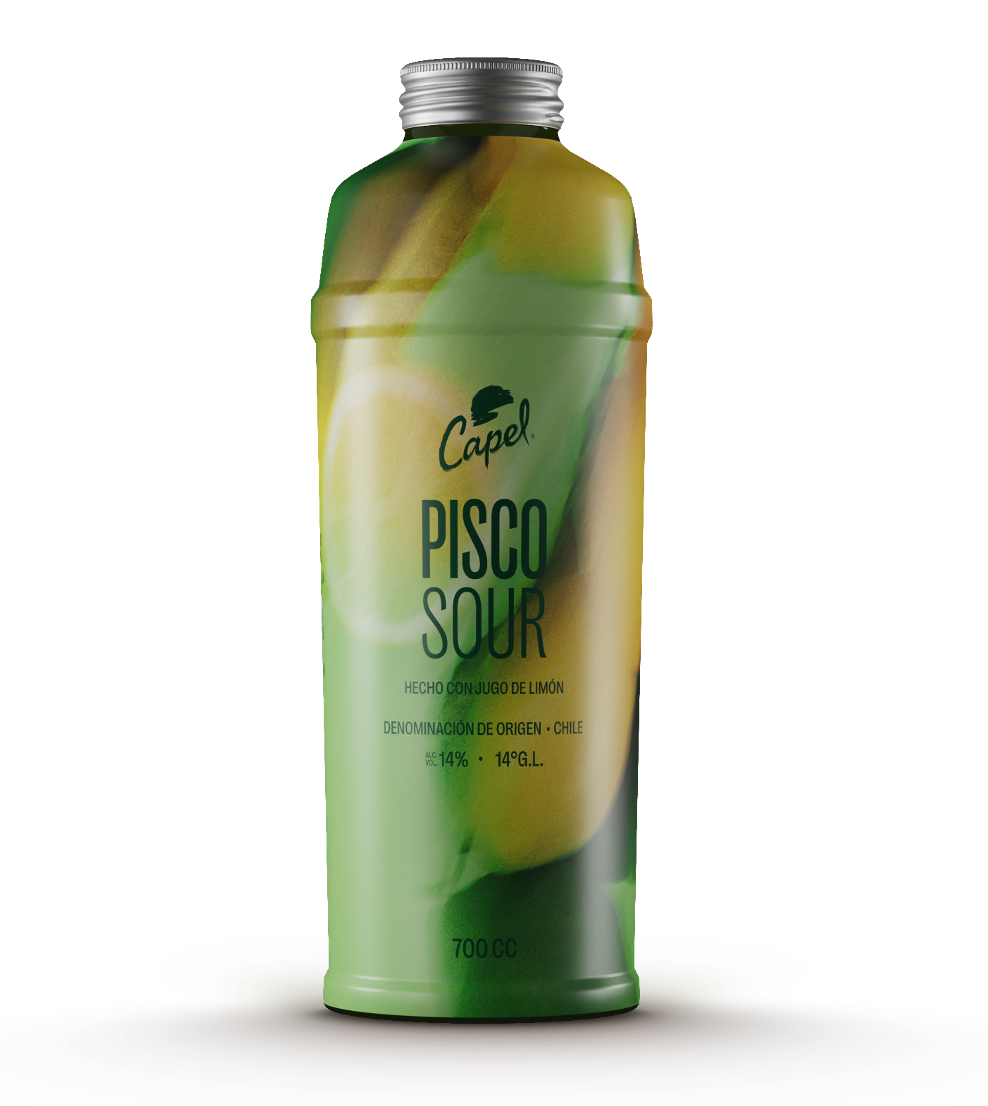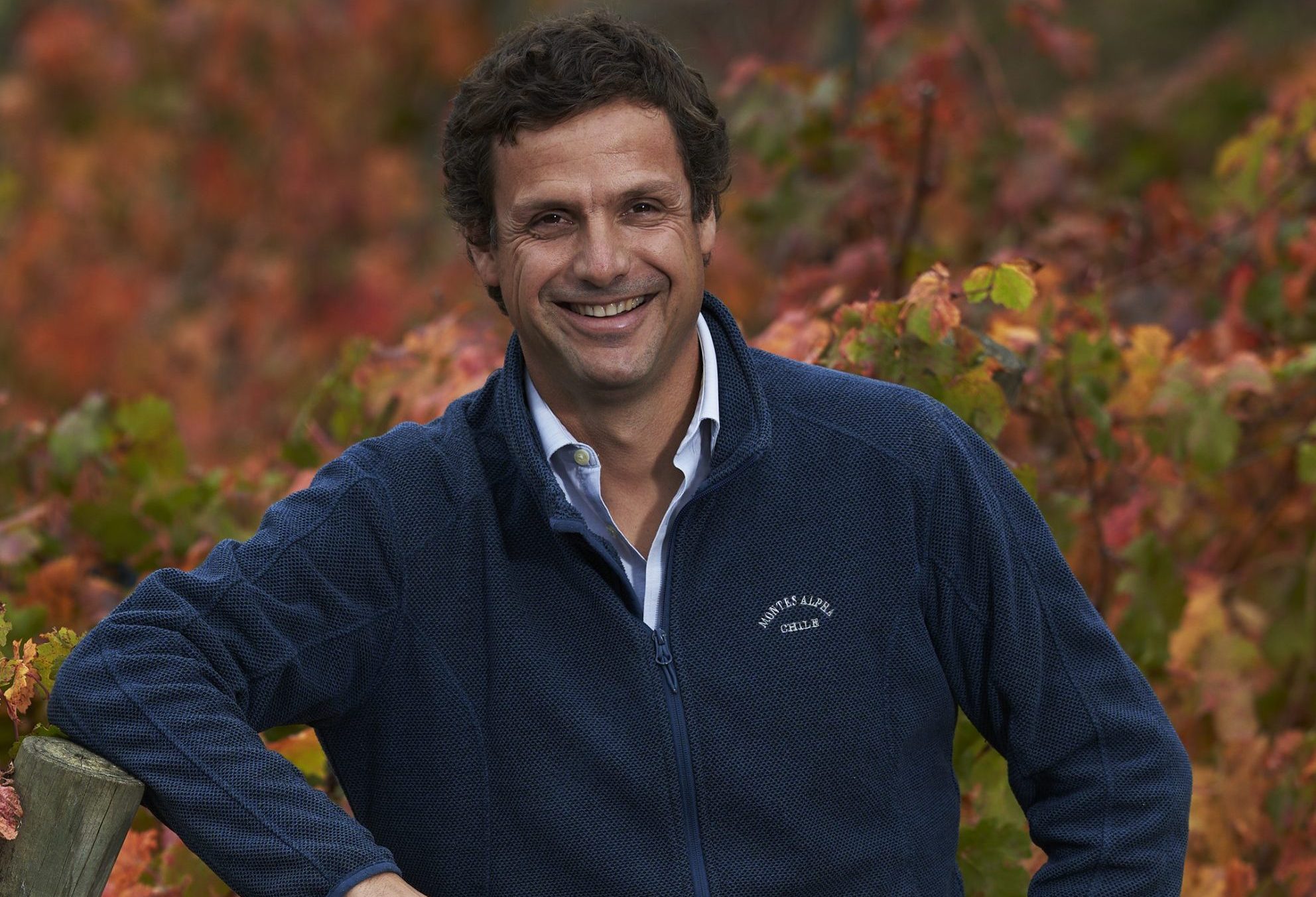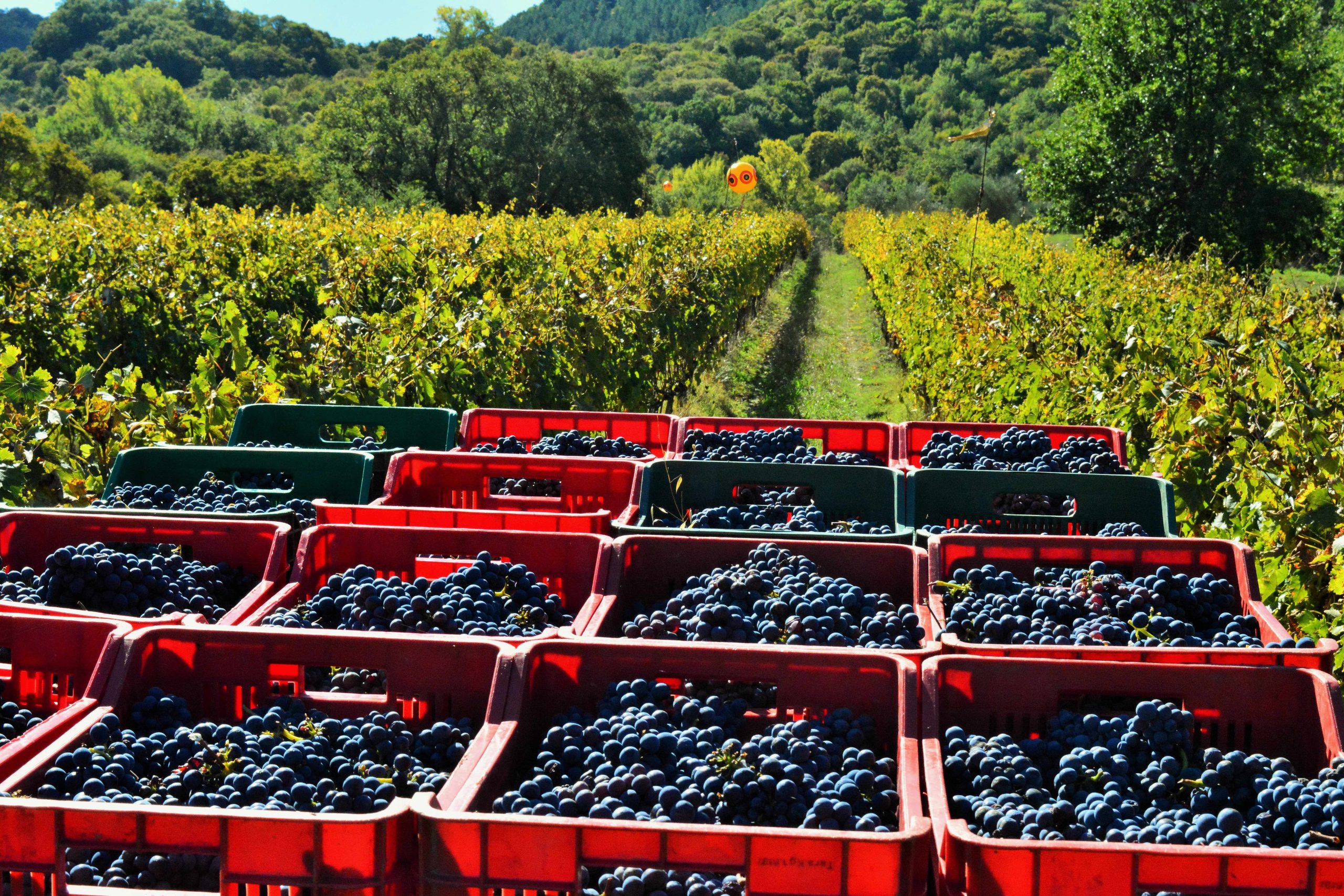VinoDinámicos on Argentina’s sustainable wine revolution
Organic and biodynamic winemaking isn’t always easy, but in Argentina an increasing number of producers are prioritising sustainable winemaking practices in an effort to improve biodiversity and preserve vineyards for future generations.
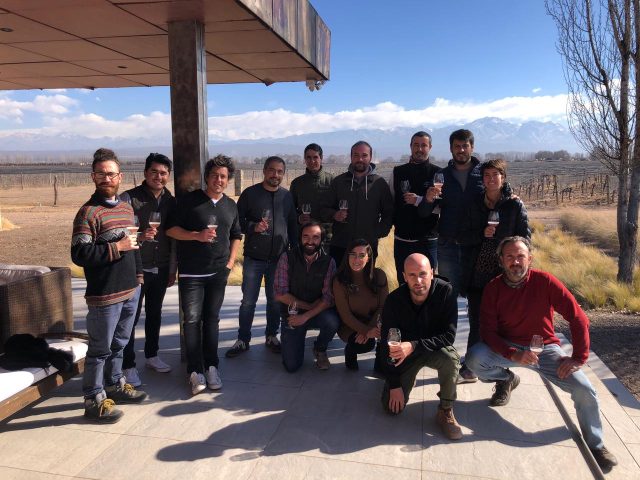
In 2005 there were just 273 hectares of vineyards certified organic across Argentina. By 2022, this had risen to 10,650 hectares of organic certified vineyards – the largest in its history. A further 530 hectares of vineyards are certified biodynamic by Demeter, again, the largest proportion in its history. This increase is being driven by a change in mentality of many producers and wineries, as well as demand from consumers, who are interested not only in the quality of wine but how those wines are produced and their reflection of the place they come from.
“In the last 15 years, the new generation of winegrowers and oenologists have begun to focus on this way of production to produce high-quality wines,” says Mauricio Castro, coordinator of VinoDinámicos – a non-profit alliance formed in 2018 by 10 producers in Mendoza with the aim of promoting and supporting sustainable viticulture across Argentina. “Consumers are also making a change in their perception. This has been supported by increasing the quality of the wines and the search for a healthier lifestyle.”
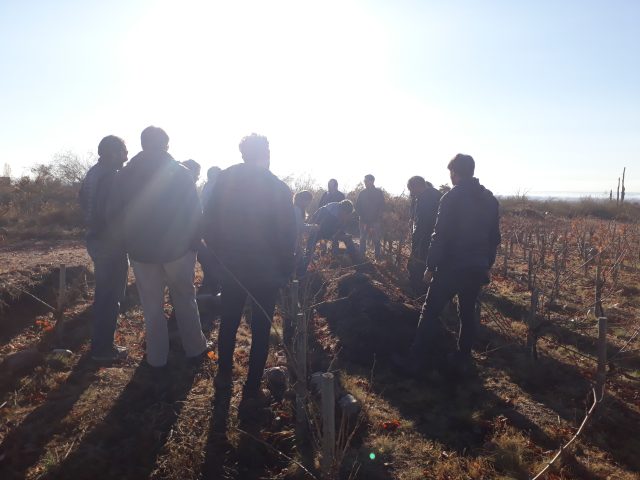 This year alone, VinoDinámicos has shared research on nutrient balance, compost production, sulphite management and substitution, and on correlations between climatic variables and microorganisms. It also collaborated in the organisation of the Wines of Argentina Sustainability Forum, and is carrying out research into controlling Argentina’s biggest viticultural pest – the leaf-cutter ant – which is unique to the American continent and capable of completely destroying a vine. “The important thing is that farmers, anywhere in the world, recognise that the solution to problems depends on understanding the problem, not on the use of inputs [such as chemicals],” adds Castro.
This year alone, VinoDinámicos has shared research on nutrient balance, compost production, sulphite management and substitution, and on correlations between climatic variables and microorganisms. It also collaborated in the organisation of the Wines of Argentina Sustainability Forum, and is carrying out research into controlling Argentina’s biggest viticultural pest – the leaf-cutter ant – which is unique to the American continent and capable of completely destroying a vine. “The important thing is that farmers, anywhere in the world, recognise that the solution to problems depends on understanding the problem, not on the use of inputs [such as chemicals],” adds Castro.
Argentina a leading voice on sustainability
VinoDinámicos is part of a wider effort to drive more sustainable wine production among producers in Argentina. In 2022 Wines of Argentina joined the Sustainable Wine Round Table, a global coalition working to improve sustainability across the wine industry with the aim of leading global sustainability standards and sharing best practices to strengthen the environmental, social and economic sustainability of the global wine industry.
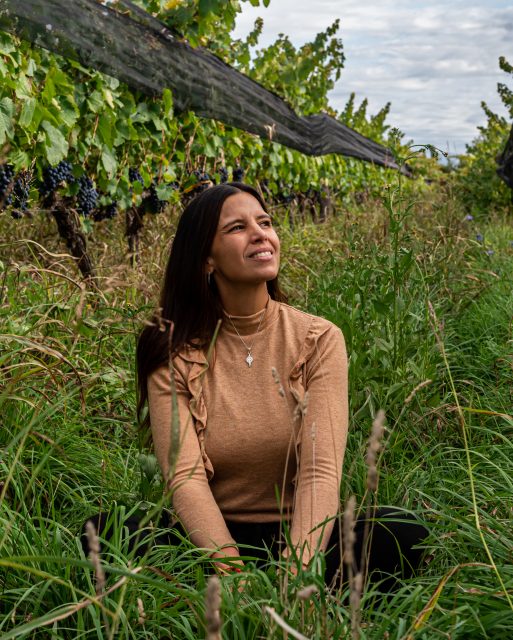
Its latest initiative, Sustenta-Vitis, seeks to drive sustainable growth and job creation across all of Latin America by promoting a low carbon economy and encouraging businesses to adopt cleaner processes and make better use of resources across the continent. Made possible by AL-INVEST Verde , an initiative of the European Union (EU), Sustenta-Vitis will also help wineries to implement improvements and achieve certifications, manage waste and provide a platform to share ideas and best practice. Before that, in 2010, the Bodegas de Argentina Sustainability Commission was created, which was instrumental in publishing the first version of the Self Assessment Protocol for Viticultural Sustainability.
Why is sustainability so important? “We are organic and biodynamic because we choose to respect nature above all things,” says Castro. “It allows us to connect with it, understanding that it is the best way to obtain healthy, quality fruit and wine. It fills us with happiness to be able to participate in the great cycle of nature, attending to and satisfying our needs and contemplating the needs and quality of life of future generations, maintaining and regenerating the fertility of our soil and the biodiversity of the place.”
Partner Content
Current VinoDinámicos producer members include 4 Gatos Locos, Alpamanta, Bodega Piedra Negra, Casa de Uco, Chakana, Consciente-mente Viticultores, Domaine Bousquet, Ernesto Catena Vineyards, Escorihuela, Krontiras and SuperUco. “Working with compost, vegetative covers, energy generation from our solar panels, water treatment for agricultural reuse, biodynamic preparations and the [biodynamic] calendar we want to try and leave Alpamanta a better place than we found it and to inspire more people,” says Victoria Brond, head winemaker at Alpamanta, a biodynamic estate in the Ugarteche subregion of Mendoza.
Facundo Bonamaizon, co-founder and agronomist at 4 Gatos Locos in Gualtallary in the Uco Valley, agrees. “Our view of sustainability is centred on regenerating the soils, the biodiversity and the knowledge to reconnect people to lands and among themselves,” he adds. “This can only be done on a local basis, based on an understanding of local ecosystems by local people. To us, this is the only approach to making good wine.”
Growing consumer demand
Preserving vineyards for future generations is a huge part of Argentina’s mission, but consumers are on board too, with demand for more environmentally-friendly wines growing. According to the IWSR, sustainability concerns have become more of a priority among wine drinkers over the past year, especially in the US and UK where consumers increasingly perceive sustainable wines as being “better for the environment and more ethically responsible”.
Globally, organic wines by volume grew by 5% CAGR between 2017-2022, according to IWSR. In the UK, organic wines grew by 6% during this period, and in the US by 7%. This is particularly encouraging when set against the ongoing downward trend of wine consumption worldwide. “Organic and biodynamic wines in the world are growing and Argentina is no exception”, adds Brond. “In a context where wine consumption in general has fallen, a growing segment sends a very important message.
Sustainability issues are on the agendas of most companies and governments, and they are issues that we have to urgently address. It’s why biodynamic agriculture is in full growth, and that makes us very proud.”
Organic and biodynamic wines are a small but growing category of the global market, but their importance cannot be understated. Sustainable viticulture holds the power to preserve not only Argentina’s viticultural health for future generations, but the worlds, protecting livelihoods and the planet. Argentina’s commitment to sustainability is now showing results, producing a wealth of high quality, organic and biodynamic wines, while also setting a benchmark for other wine producing regions worldwide.
Related news
Drinks trade gets dedicated AI-powered search tool
Future Château raises £0.7m to expand lower alcohol wine range
Cava’s apex expands as five new Paraje Calificado wines approved

